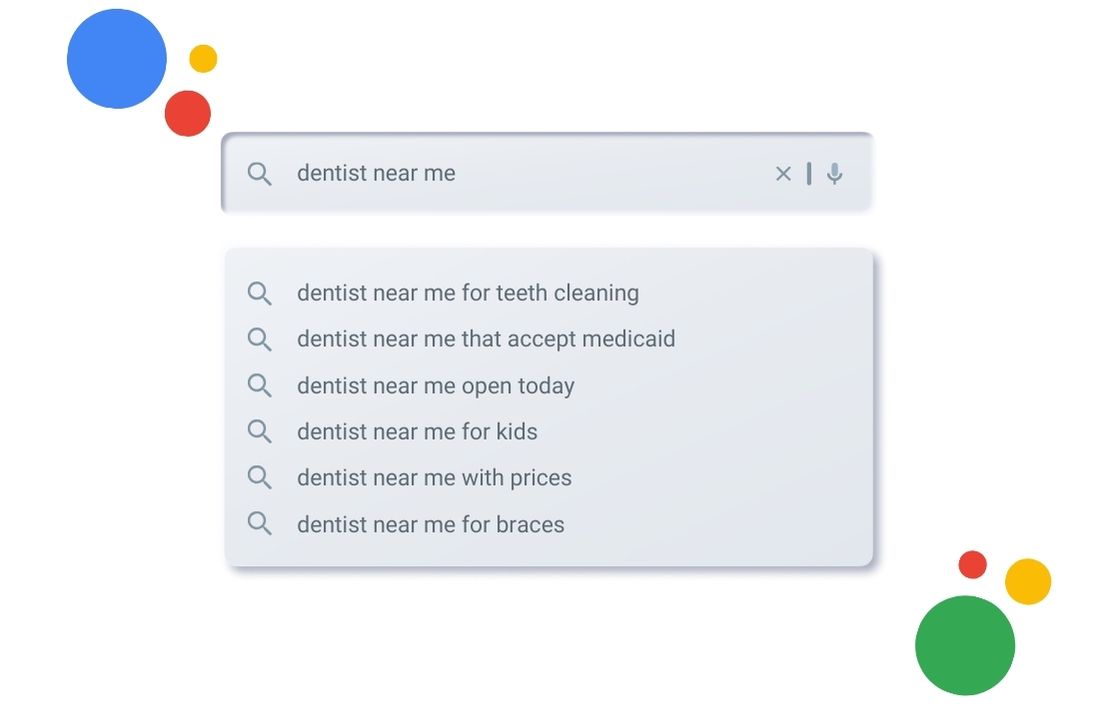The following is a brief introduction to the topic
Today, a strong digital presence is essential for dental practices that want to grow their business and attract new patients. Search Engine Optimization is a powerful tool for dental clinics to improve their visibility in search engines such as Google. This will ultimately drive more traffic to the website and increase patient bookings. This guide will cover SEO tips and strategies tailored to dental practices.
Keyword Research for Dental Website
A thorough keyword search is the first step to a successful dental SEO campaign. Find out what phrases and keywords potential patients will use to search for your dental services. You should consider both generic terms such as “dentists near me” and keywords specific to your service, like “teeth-whitening” or “orthodontic treatments.” Keyword planner tools like Google’s can help you find relevant keywords.
Local SEO for Dentist
Local SEO is crucial for dental practices. Include your business hours, location and contact information prominently on your site to optimize it for local searches. Make sure that your Google My Business listing is accurate and current. Encourage your patients to post reviews on your Google My Business profile. Positive reviews can help boost your local search ranking.
Optimize your Website
For dental SEO to be successful, a well-optimized site is crucial. Google takes into account mobile compatibility in ranking websites. Slow-loading web pages can cause high bounce rates. Site architecture should be clean and well-organized to make it easier for users to find and navigate information.
Quality content
In the world of SEO, content is king. Create engaging, high-quality content that answers common dental concerns and questions. Blog posts about oral hygiene, dental procedures and patient testimonials will not only benefit your audience, but can also improve your search engine ranking.
On-Page SEO
On-page SEO is a great way to optimize each page of your site. Include keywords in page titles, headings and meta descriptions. Also, include them throughout the content. Use alt tags to describe images, and make sure that your URLs and page titles are descriptive.
Link Building
Earn high-quality links from authoritative sources. Contact local businesses, dental organizations, and healthcare organisations to find out about possible link-building opportunities. Google is more interested in relevant and authoritative links than quantity.
Social Media Integration
Integrate social media into your dental SEO strategy. Social media profiles that are active and engaging can improve your brand’s visibility online. Engage your audience and share informative dental content. Encourage them to visit your site for more information.
Monitoring & Analytics
Monitor your website’s performance regularly using Google Analytics and Google Search Console. Monitor key metrics, such as traffic to your website, conversion rates and keyword rankings. These insights can be used to improve your SEO strategy based on data.
Testimonials and Patient Reviews
Encourage your satisfied customers to post reviews and testimonials in your website or other platforms. Positive reviews will improve your online reputation, and can influence the decisions of potential patients.
Stay updated
SEO is a constantly changing field. Keep up to date with the latest SEO algorithms and trends in order to keep your dental practice competitive.
The conclusion of the article is
Dental SEO can be a valuable investment for your dental practice. It will help you attract more patients and increase your business. Implementing these strategies and tips will help you improve your online presence, reach a larger audience and establish your dental practice as a reliable source of information on oral health. SEO is a continuous process. Stay committed to optimizing the online presence of your dental clinic for long-term success.
[/fusion_text][/fusion_builder_column][/fusion_builder_row][/fusion_builder_container]







